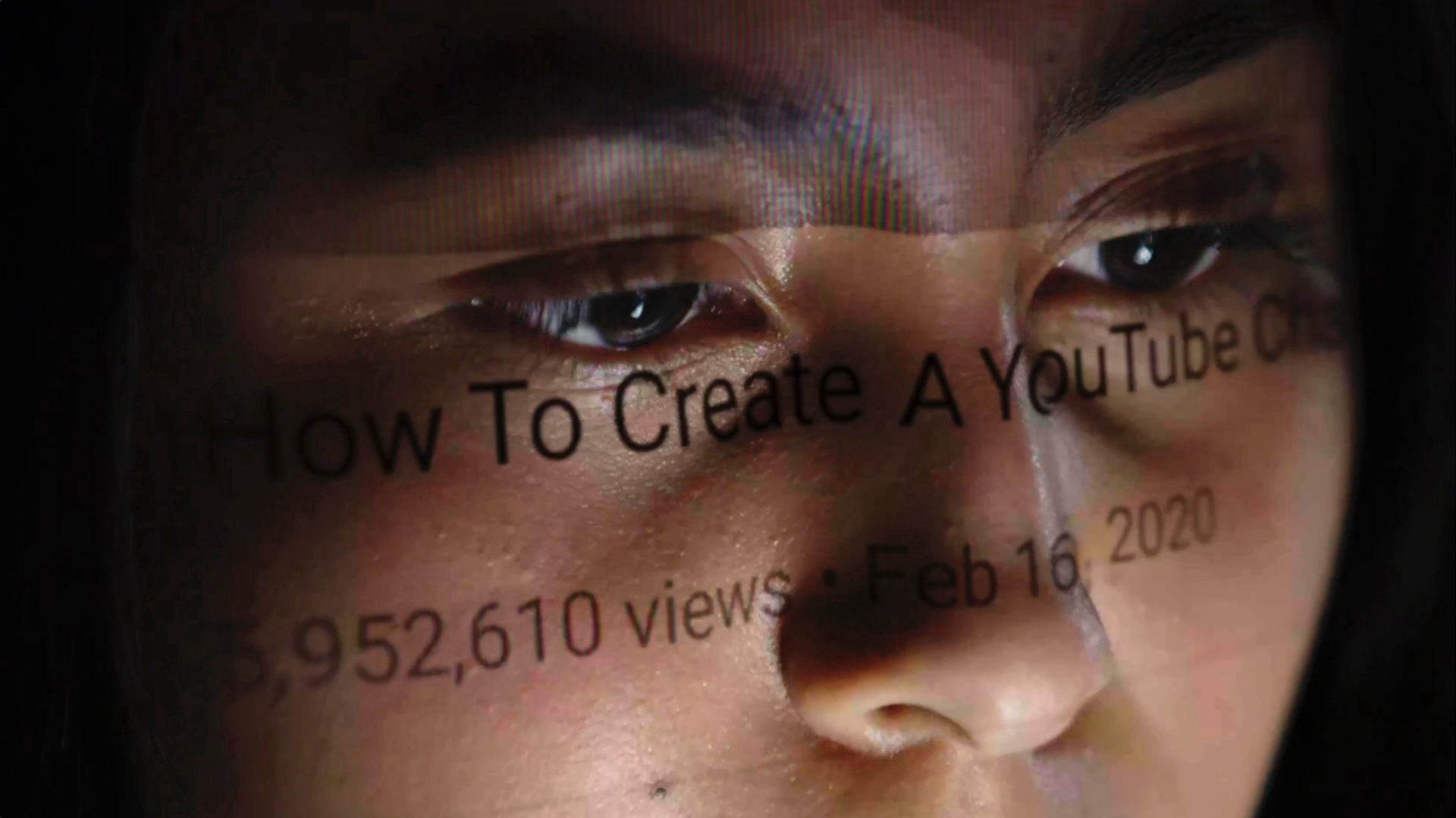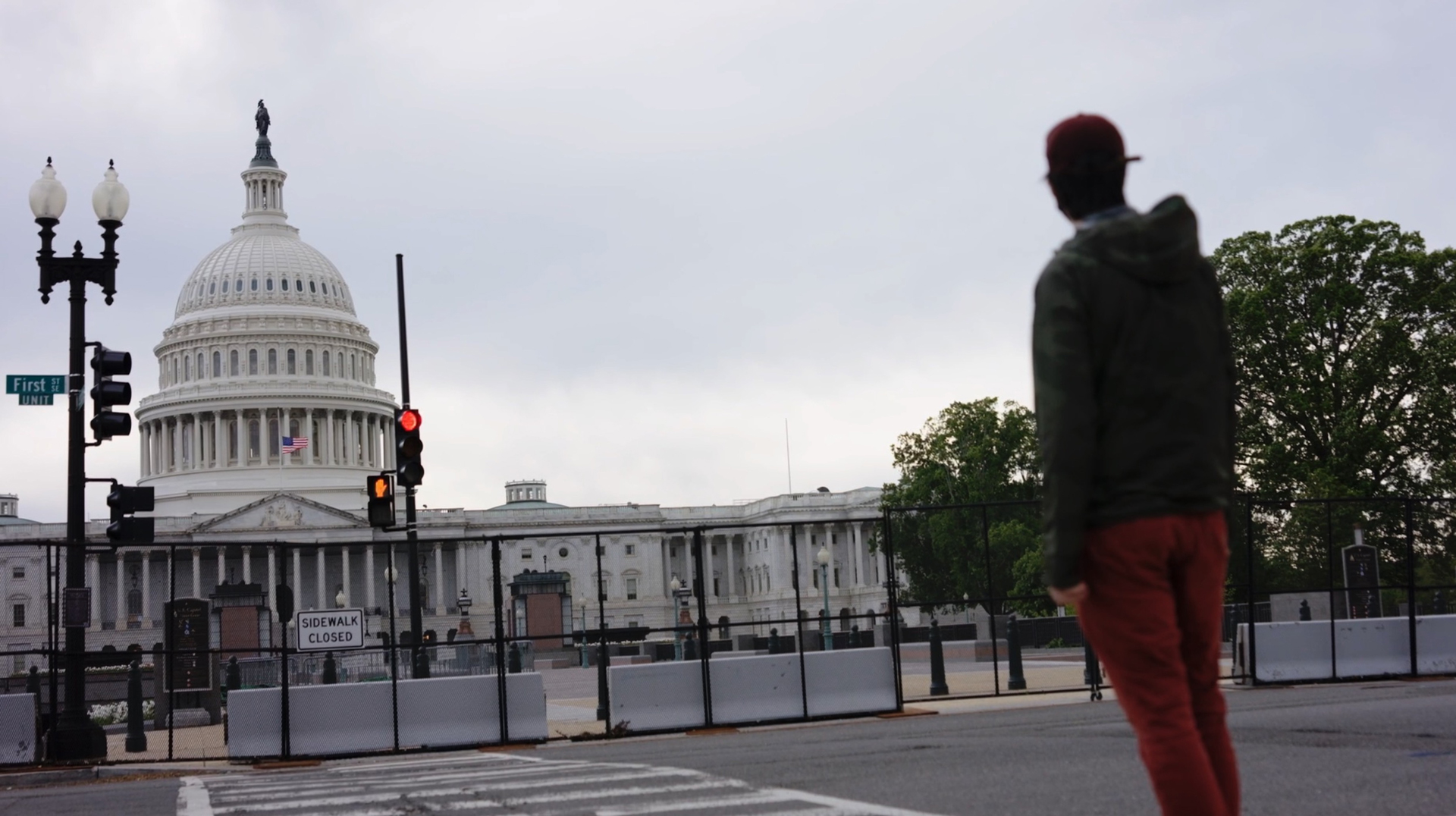YouTube taught us, ruined us, and we can't live without it
Review: A new doc, The YouTube Effect, lays bare the platform's biggest problems

Does anyone remember what the world was like before YouTube? Sharing videos was a chore. Many websites hosted their own video packages and even live streams, but it was usually on proprietary platforms. There was no one place to view billions of indexed videos across countless topics.
We could search Google (and other search engines that once existed) but most of what we found was of the nature of "tell," not "show."
YouTube, which started in 2005 with co-founder Jawed Karim's "Me at the Zoo" is now one of, if not the, most popular media platforms in the world, clocking over 1 billion hours of video watched each day. It has, for many millennials, replaced Google Search as the number one way to find information and learn about new topics. It's also effectively the number one trade school in the world. If you want to learn how to do something, there is no better teacher than YouTube.
It's also incredibly fertile ground for deeply disturbing information and disinformation. A search for Moon landing will inevitably lead to videos about the "Fake Moon landing." A query on climate change will offer numerous videos on the effects and possible impending doom of climate change along with a few that deny its existence.
With generations now growing up with YouTube as a part of their lives, the notion of YouTube's social impact is not hyperbole.
Diving into the tube
Documentarian and Bill and Ted Actor Alex Winter's new film, The YouTube Effect, seeks to understand YouTube's impact through both a historical perspective tracking its 17-year history, the voices of YouTubers, and those whom it's affected.
The nearly two-hour doc is a thought-provoking, "How did we get here?" look at YouTube that relies on a relatively small set of subjects to build a mostly balanced and convincing case that YouTube is a powerful tool that, when abused, can move sentiment in radical and sometimes violent ways.
Get daily insight, inspiration and deals in your inbox
Sign up for breaking news, reviews, opinion, top tech deals, and more.
Without missing any major YouTube epochs, Winter's documentary moves along a decent clip and with admirable access to some, but not all the key players in YouTube's founding and meteoric growth. Google employee number 3 and current YouTube CEO Susan Wojcicki is featured throughout the film where she both celebrates and defends the platform, mostly batting away Winter's toughest questions.
YouTube co-founder Steven Chen is also featured, but we never hear from Cofounders Chad Hurley or Karim. Like Wojcicki, Chen remains a YouTube fan, though he does more directly address some of the system's and its algorithm's shortcomings.
There are few if any revelations in The YouTube Effect.
YouTube history lesson
From Chen, we learn that, after leaving PayPayl, he saw the early HotorNot website, which was about ranking people based on their looks, and recognized a "Great opportunity to do a video version instead of photo."
Very quickly, the site became about sharing videos and creating early viral hits like "Charlie Bit My Finger" and "Back Dorm Boys," a video of college students joyously lipsyncing to the Backstreet Boys' As Long as You Love Me.
It was that latter video that hooked Wojcicki, leading her to build a business model demonstrating that YouTube could be a huge business. That led to Google buying the platform in 2006 for $1.65 billion.
Wojcicki recalls Billionaire Mark Cuban saying that only a moron would buy YouTube. Of course, Cuban wasn't talking about YouTube's earning potential, which is reportedly around $15B in revenue a year, but the copyright issues someone would face.
Back in 2006, YouTube did virtually nothing to stop people from uploading copyrighted videos and music. Today, your videos can be pulled for even a dozen seconds of copyrighted audio or video.
The point of the doc, though, is not this history lesson, but to show how YouTube has wormed its way into our lives and psyches, and perhaps caused real-world harm.
A roster of video stars
As YouTube made stars of Justin Bieber, Shawn Mendes, Carly Rae Jepsen, Psy (and other K-Pop stars), and built a massive and still growing roster of popular YouTubers (Michael Buckley, Fred, Smosh, iJustine), it was also developing powerful algorithms, particularly the recommendation engine that would change the complexion of YouTube, how we interacted with it, and consumed its content.
The YouTube Effect relies heavily on a small cast of YouTube commentators who are not only deeply invested in the platform but can sit back at enough of a remove to see its deepest flaws.
Even before YouTube introduced its recommendation algorithm in 2011, creators were starting to film spectacularly stupid and sometimes dangerous stunts to attract viewers (someone cementing their head inside a microwave stands out). At the time, YouTube didn't have much of a filter, let alone gatekeepers.
The introduction of monetization, which YouTube started slowly with just a handful of its biggest channels, like Smosh, further incentivized doing anything for a view. The recommendation engine was supposed to steer viewers away from clickbait and reward creators who were creating consistent content.
A radicalizing algorithm
However, it's this now-decade-plus-old algorithm that's at the heart of The YouTube Effect's thesis, which appears to be that a system that automatically recommends like-minded content for you to watch next (70% of all YT videos watched today are recommended through watch next and recommended for you panel), could - and has - lead to radicalization.
Among the documentary's main characters is Caleb Cain, who was profiled by the New York Times in 2019 as someone who was "brainwashed" by YouTube's various far-right commentators. While it's not clear from the doc how Cain pulled himself out of it, he's now a vocal YouTube critic. Cain and others note in the doc that there's a pathway on YouTube from self-help videos to hyperbolic content. Watching all of it was, Cain says in the doc, "Killing my empathy, turning me into a sociopath."
Throughout the documentary, we see clips from far-right commentator channels like the now-defunct InfoWars from Alex Jones and Stefan Molyneux. Most of the YouTubers featured in the doc, like Brianna Wu and Natalie Wynn of Contrapoints might be considered left-leaning. What's lacking here are more voices from successful, mainstream YouTubers like iJustine, MrBeast, Markiplier, and MKBHD.
Anthony Padilla, who grew concerned about the algorithm's effects and left the popular channel Smosh in 2017 (he now has his own popular channel that deals with what might be called more substantive topics), is featured prominently, as is Ryan's World's Kaji Family.
Winters also doesn't get any of the alt-right or conservatives on camera, if only to grill them about their misinformation.

Wojcicki does address YouTube's content issues, ticking off well-rehearsed stats, including that they have software "machines" that remove 90% of this misinformation and violent content, and how the company has a huge initiative around the creation and enforcement of their content policies.
Multiple doc participants worry that YouTube and parent Google, are prioritizing revenue over the needs of viewers. Chen, though not currently involved with YouTube, says he believes that there are actually more opportunities to monetize that YouTube leaves on the table because they would be that the expense of user experience.
Wojcicki notes that as an ad-supported platform, doing whatever increases engagement could turn off advertisers, who would then pull back from YouTube. In the end, she tells Winters, that they want to be on the right side of history.
But like a train on a single track, this documentary cannot help but arrive at its destination, which includes the, for a time, rampant misinformation regarding the pandemic, the January 6th riot, and the proliferation of videos showing reporter Alison Parker and cameraman Adam Ward's filmed assassination (which the reporter's father, Andy Parker, is still trying to get YouTube to remove from the platform).
What's clear is that, even with powerful tools to scrub content and guide people toward truth, YouTube is still failing on managing the overall scale of its issues, and the YouTube Effect is still pervasive.
The YouTube Effect premieres on June 11 at the Tribeca Film Festival in New York.

A 38-year industry veteran and award-winning journalist, Lance has covered technology since PCs were the size of suitcases and “on line” meant “waiting.” He’s a former Lifewire Editor-in-Chief, Mashable Editor-in-Chief, and, before that, Editor in Chief of PCMag.com and Senior Vice President of Content for Ziff Davis, Inc. He also wrote a popular, weekly tech column for Medium called The Upgrade.
Lance Ulanoff makes frequent appearances on national, international, and local news programs including Live with Kelly and Mark, the Today Show, Good Morning America, CNBC, CNN, and the BBC.